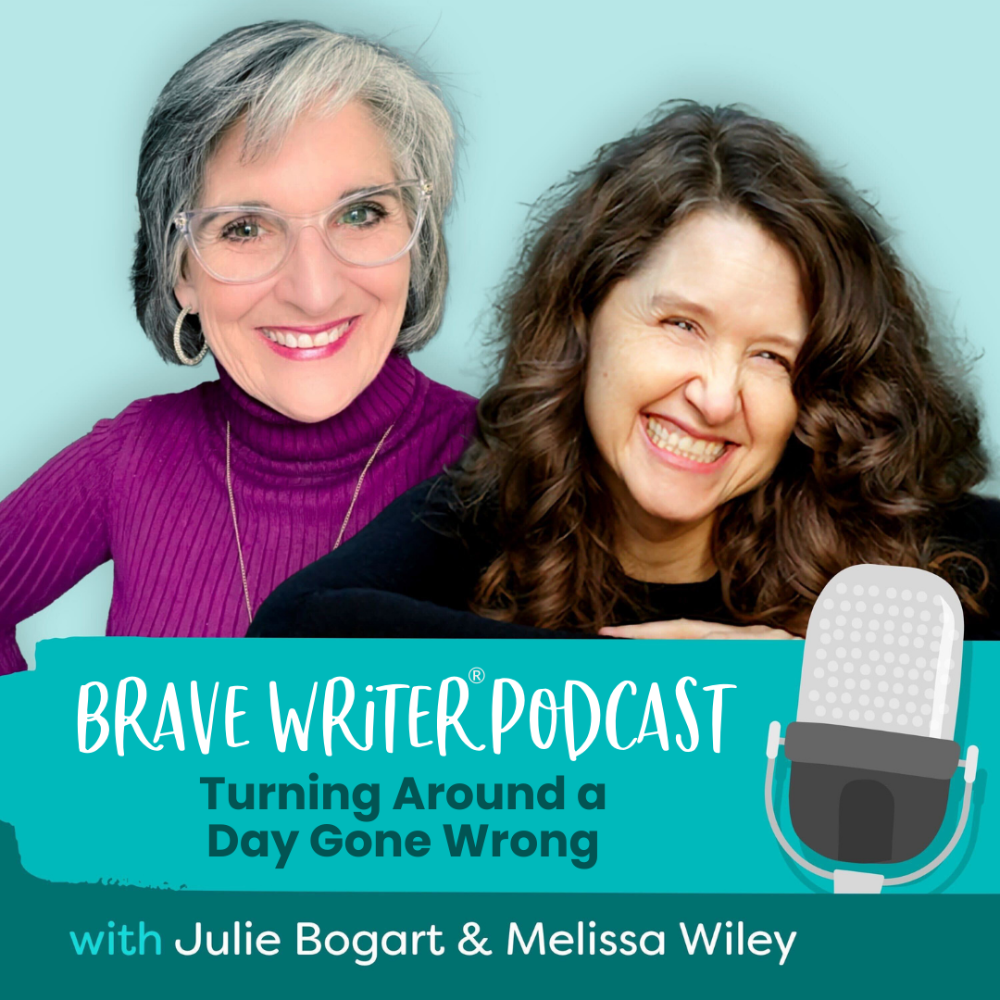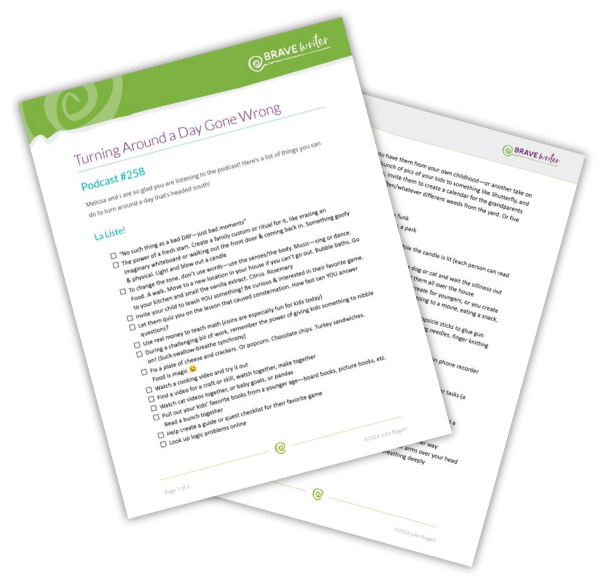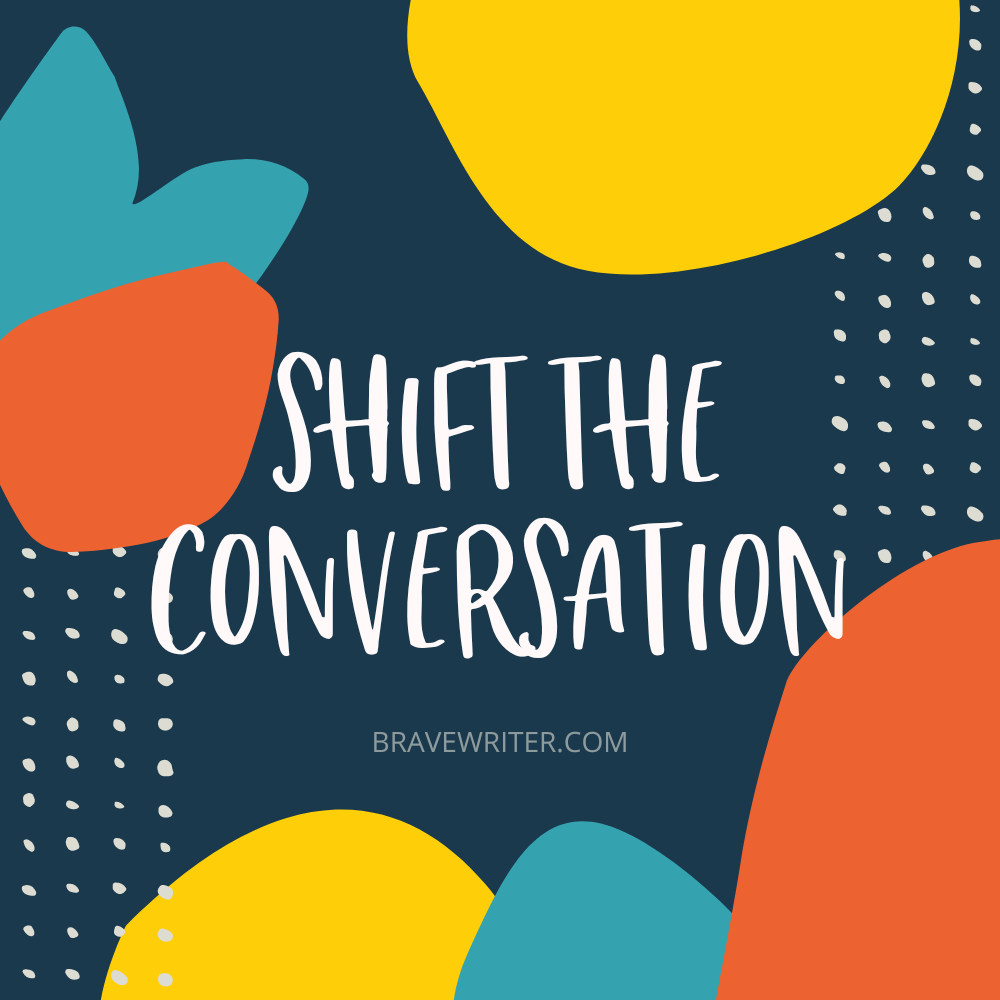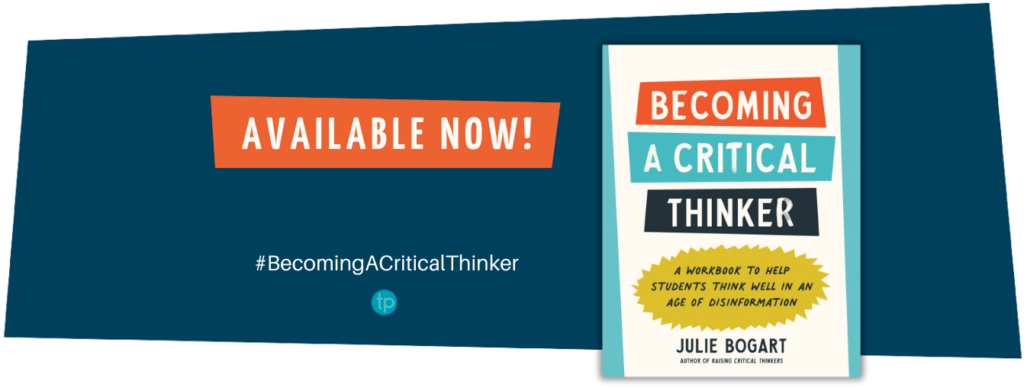
Love is the key ingredient in your homeschool. Knowing you are loved, though, and feeling loved are not identical.
Here are some examples of that distinction:
Knowing you’re loved:
My mom makes meals for me every day.
Feeling loved:
My mom makes sure my favorite snacks are in the pantry.
Knowing you’re loved:
My parents come to all my soccer games.
Feeling loved:
My parents comforted me with hugs and kindness when we lost the game.
Knowing you’re loved:
My dad sits next to me to watch his football games and shares his snack.
Feeling loved:
My dad watches my favorite shows and shares my snack.
Be on the lookout for ways you can help your kids feel THEY are loved versus simply knowing they are loved.
This post is originally from Instagram and @juliebravewriter is my account there so come follow along for more conversations like this one!

























